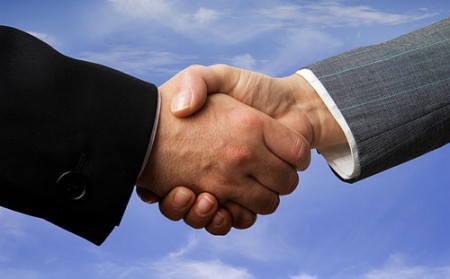
In mid-September, US President Barack Obama risked tense bilateral trade relations with China by opting for the imposition of an import tariff on tires. He legitimized his decision by saying that in the tire industry 5,000 jobs had been lost since 2004. Even though the loss of 5,000 jobs is bad for the economy, its repercussions are relatively minor compared to when tens of thousands of people are getting fired in the financial sector. The question of why the US wants to instate such a tariff remains.
The International Centre for Trade and Sustainable Development (ICTSD) gives the answer, noting that the United Steel Workers union (a US labor group) strongly acted for the imposition of the tariff to which Obama eventually agreed to.
The possible influence of lobby groups on the US political agenda is of particular interest. President Obama resisted support from such groups during his campaign, yet lobbying has always been an integrated part of US politics. Open Secrets, from the US-based Center for Responsive Politics, offers a list of the main industries that donate to political campaigns. Among the top ranking in 2008 were the pharmaceutical, utility and insurance industries as well as the oil and gas industry.
Coincidentally or based on necessity, the reform of the American healthcare sector is currently one of Obama’s main concerns. Will we eventually see Obama’s future agenda being set by these other industries? Moreover, Obama’s campaign enjoyed crucial support by various labor unions, with memberships comprised of domestic blue-collar workers and potential opponents to global free trade. Their influence on the democratic agenda has yet to fully unfold. If it does, bilateral trade with China might take another blow and the US might prompt other states to follow its lead to regulate and close down their economies against foreign influence.

